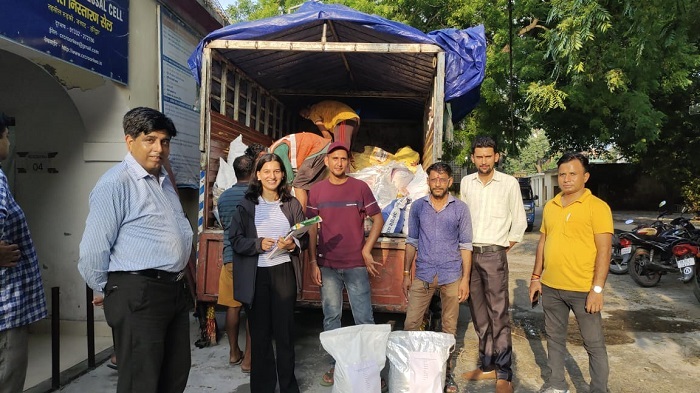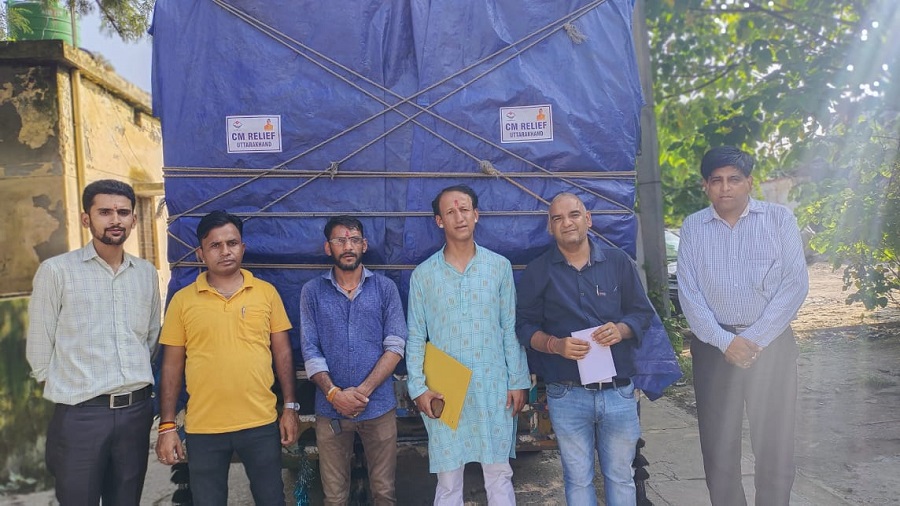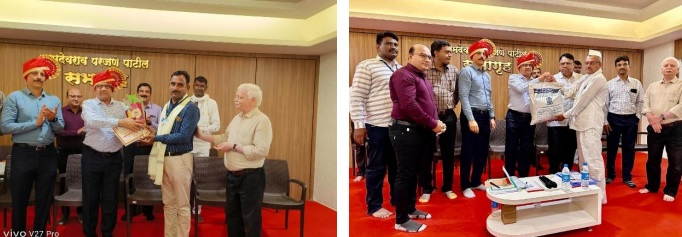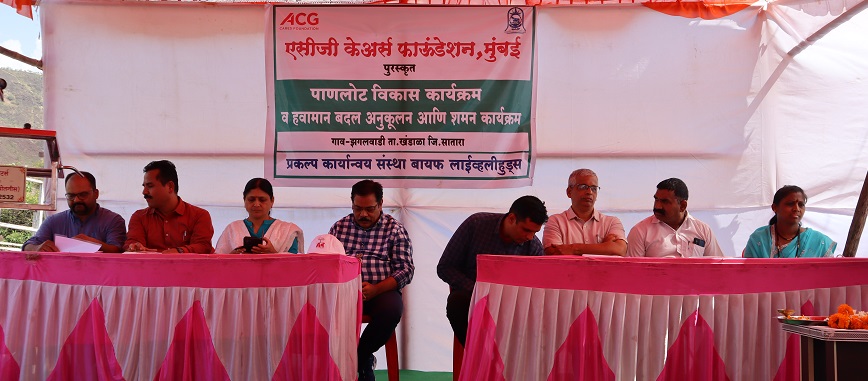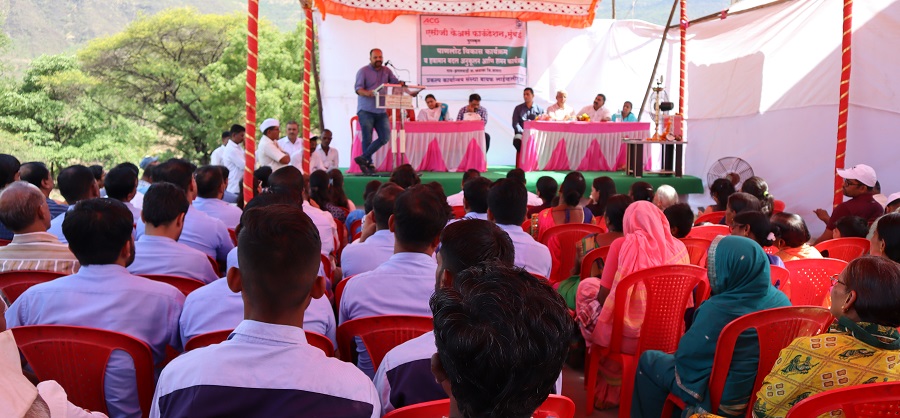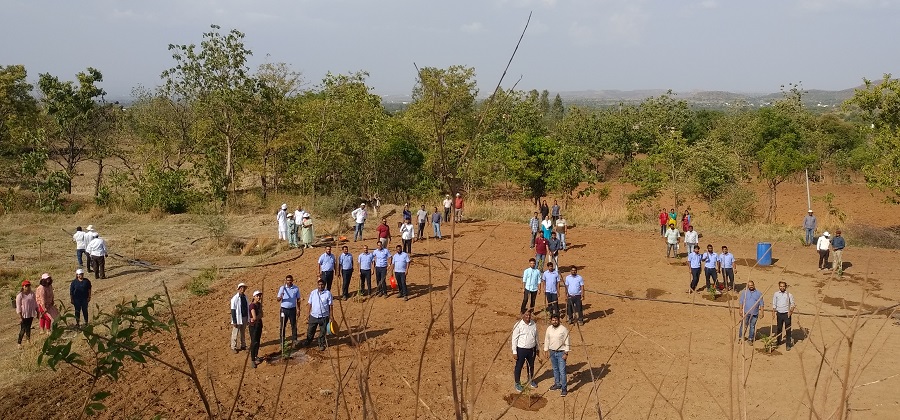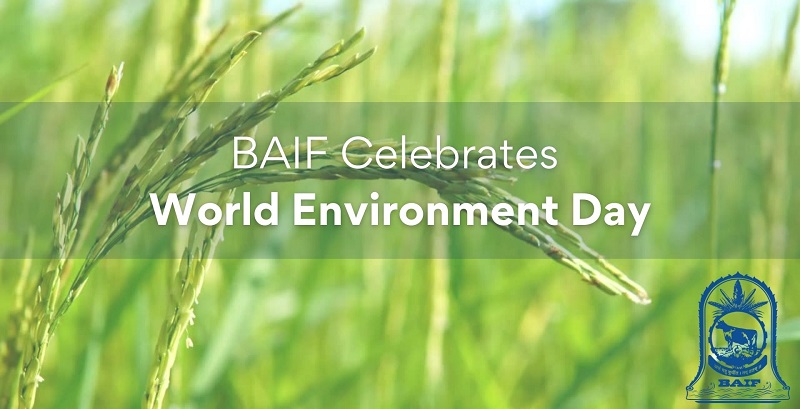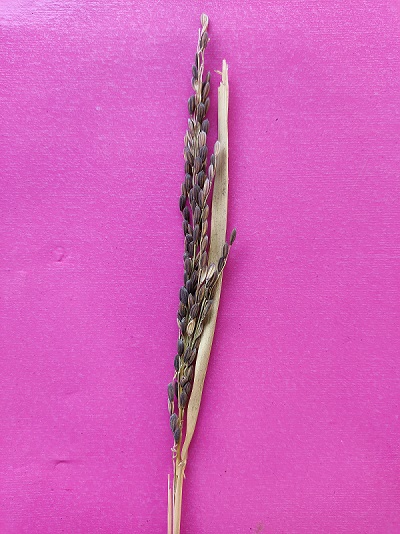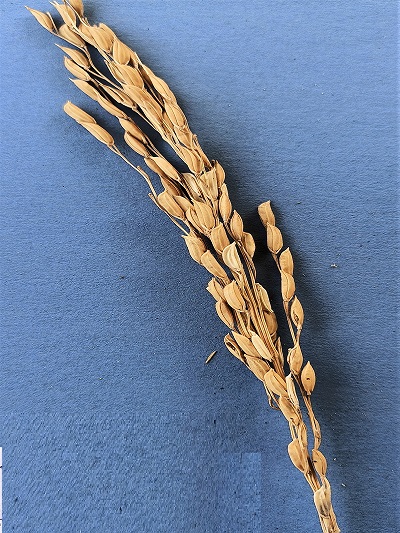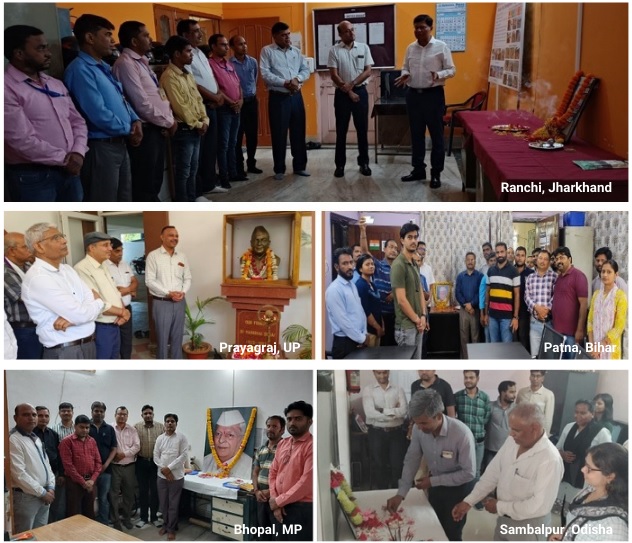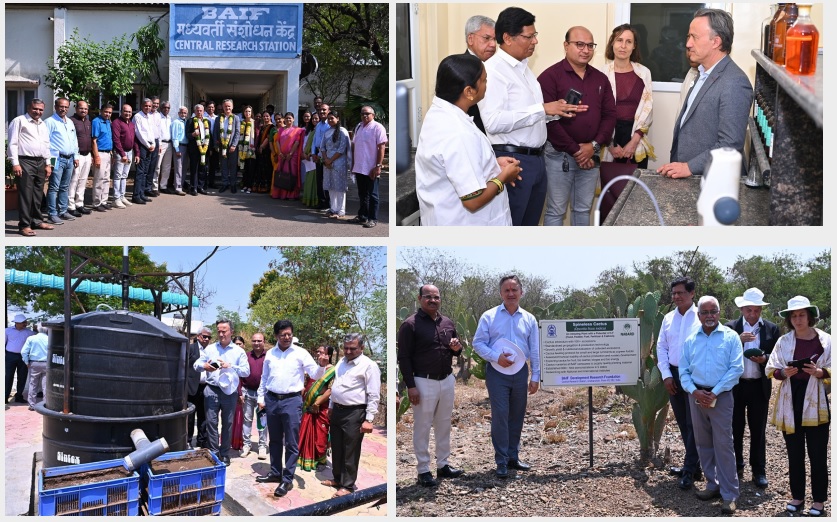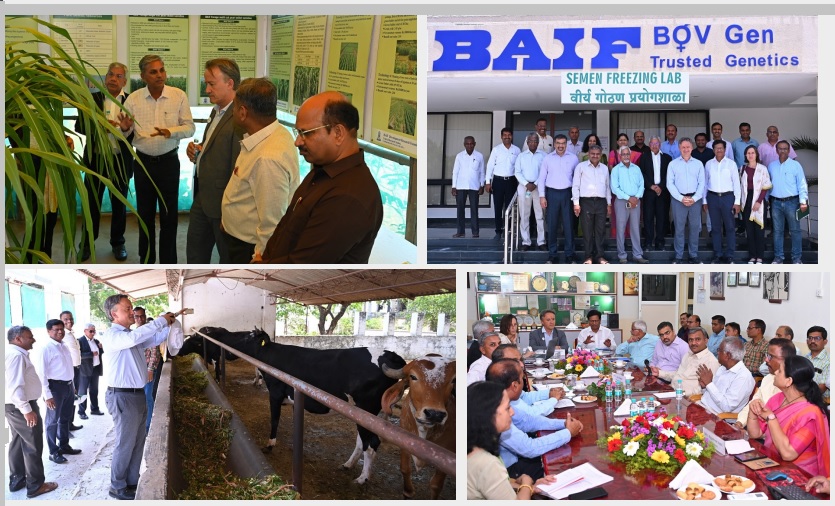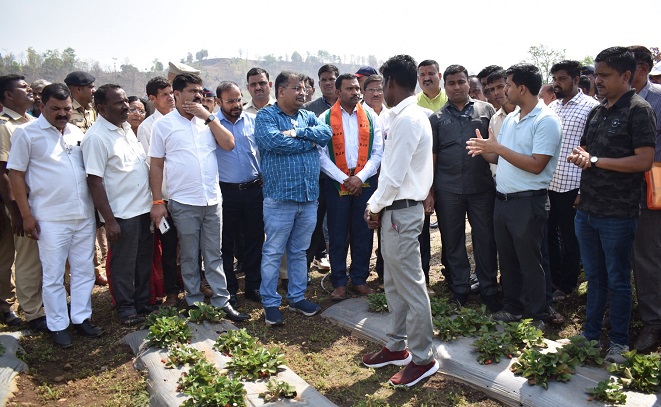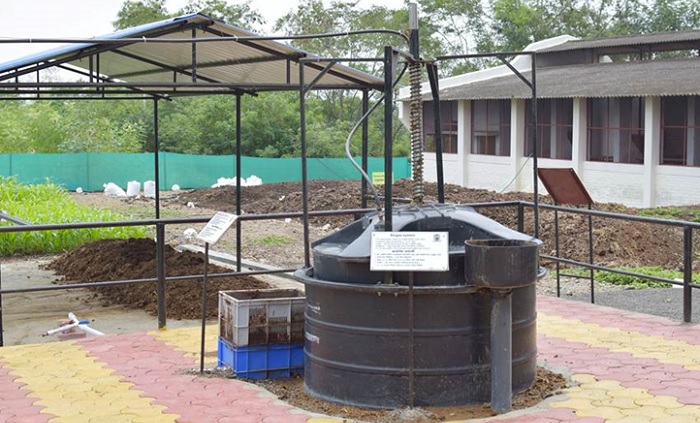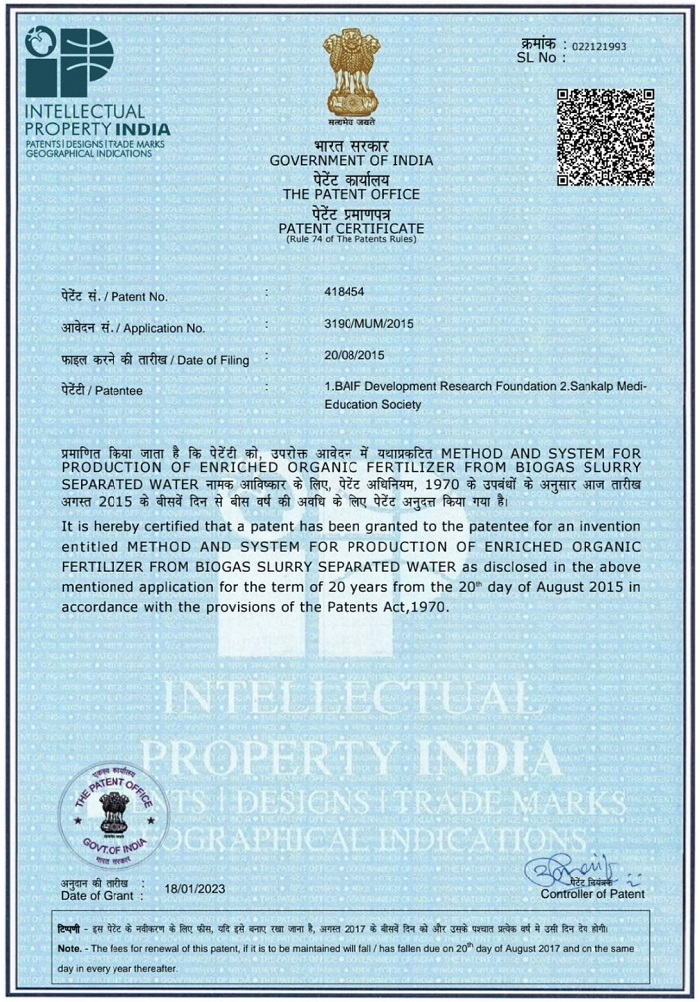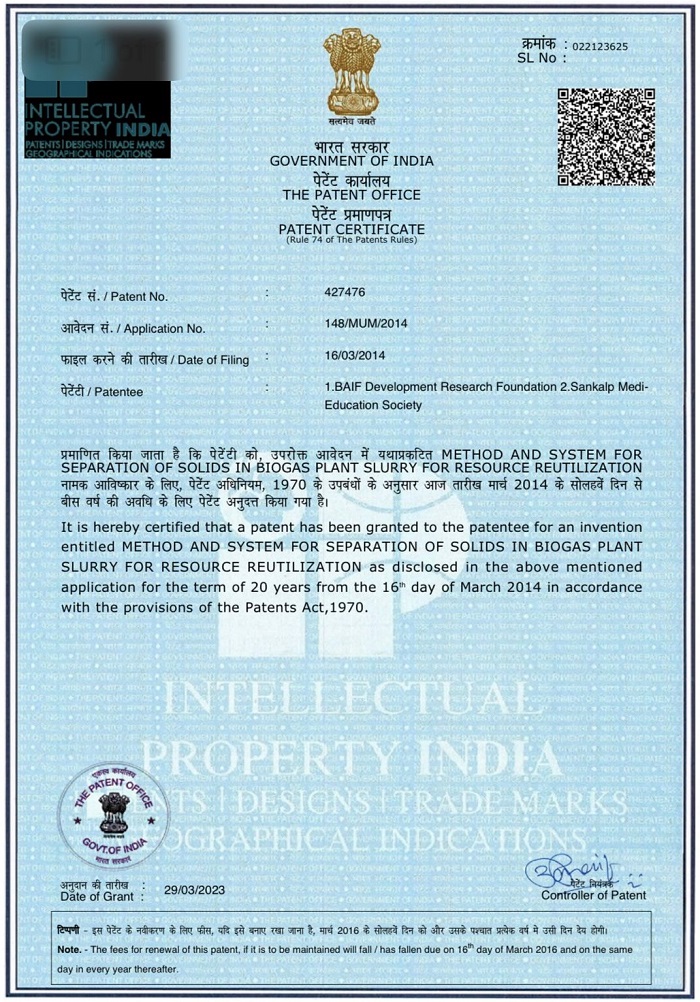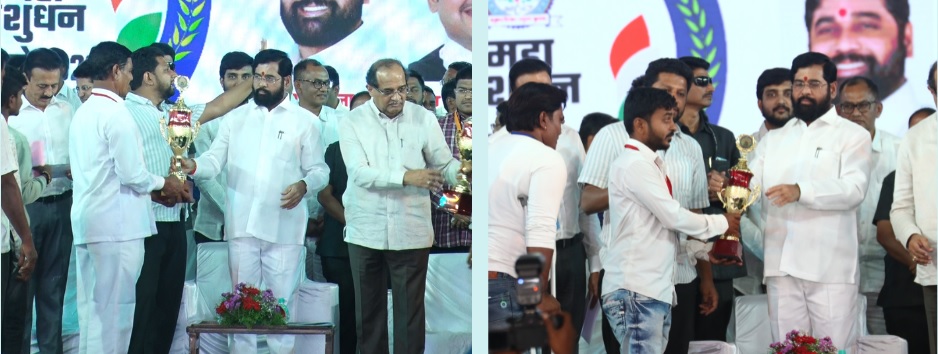Dr. Jayant Khadse, Director – Research, BAIF, highlighted the visit of Mr. Michel Rocard, then Agriculture Minister, France, to BAIF at Urulikanchan in 1983, lunch hosted by Madame Rocard in 1989 in honour of the Founder of BAIF, Dr. Manibhai Desai in Paris, visit of Mrs. Marion Guillou, Président, INRAE in 2007, tripartite agreement between BAIF, INRA and CIRAD in 2003 in Delhi and a MoU signed between INRAE and BAIF in 2018.
Dr. Ashok Pande, Group Vice President, (Scientific Research and Livestock Development), BAIF, stated that 12 to 13 million doses of frozen semen are produced by BAIF’s state-of-the-art semen freezing laboratories of which 45% is used by BAIF in its field programmes spread across 13 states and the rest is made available for other agencies. He also highlighted the fact that the conception rate of progeny born through BAIF programme is 48% which has been achieved only due to the expertise of the field Artificial Insemination technicians and that the immediate goal was to increase the conception rate to 60%.
The delegation visited various research facilities such as the advanced animal nutrition, genetics and genomics, semen production bank, molecular genetics laboratory, gene bank native seeds, forage research programme, sustainable agriculture and cactus research trials, Integrated Renewable Energy and Sustainable Agriculture (IRESA) model based on cow dung slurry and BIO-PROM – Phosphate Rich Organic Manure Production Unit, Ova Pick Up and In-vitro Fertilisation, Embryo Transfer Laboratory and Sex sorted semen laboratory for ensuring production of female calves and thereby enhancing the milk yield, productivity and income of small farmers.
Later, in the online session with BAIF teams across all the states, Mr. Kakade once again welcomed the delegates and introduced the audience comprising of senior management of BAIF from all the states and from the Head Office of BAIF in Pune to the dignitaries. Philippe Mauguin stated that on the beautiful campus of BAIF, the two organisations had come together to strengthen their partnership. Dr. Khadse presented an overview of the research programmes being implemented at the BAIF technology development centre at Urulikanchan. Dr. Rajashree Joshi, Programme Director, BAIF highlighted the carbon sequestration effect of the agri-horti-forestry (wadi), land degradation neutrality focus of the natural resources management programme, agrobiodiversity conservation and women empowerment programmes. Mr. Kakade also apprised the delegates about the fact that the agri-horti-forestry model has so far, covered more than 200,000 families and has been extended by NABARD to almost all the states and the NRM programme of BAIF fitted in well with the United Nations Land Degradation Neutrality parameters. He also cited the example of the pilot effort by tribal women groups to revive interest in traditional food through the operation of food outlets. Vision 2030 of BAIF aimed at increasing the number of families from 4 million to 10 million, through climate smart farm, non-farm, livestock, water, and new-age technological interventions, Mr. Kakade added. Philippe Mauguin expressed confidence in the success of BAIF.
Philippe Mauguin introduced INRAE to the online audience and stated that its vision of science for people, life and earth made it not very far from BAIF. He highlighted on the strong involvement of INRAE on innovation.
In his concluding remarks, Mr. Kakade thanked the delegation for showing interest in the work of BAIF and reiterated the value of this partnership and the goal of ensuring benefits to the small farmers and taking knowledge even to African countries.
